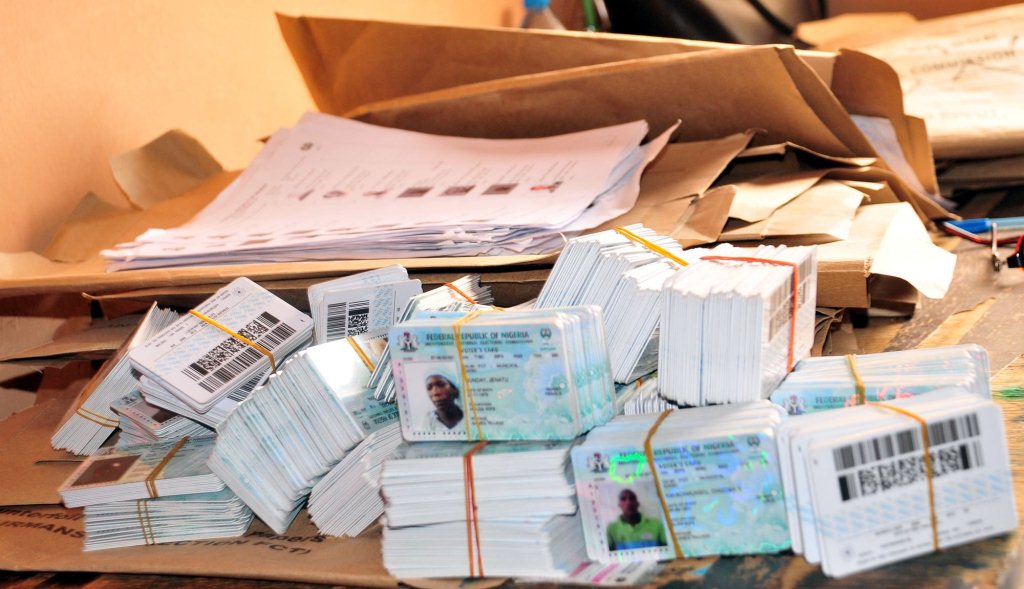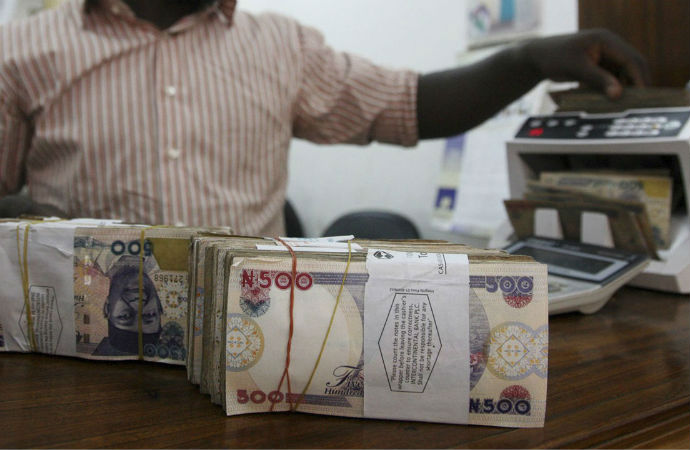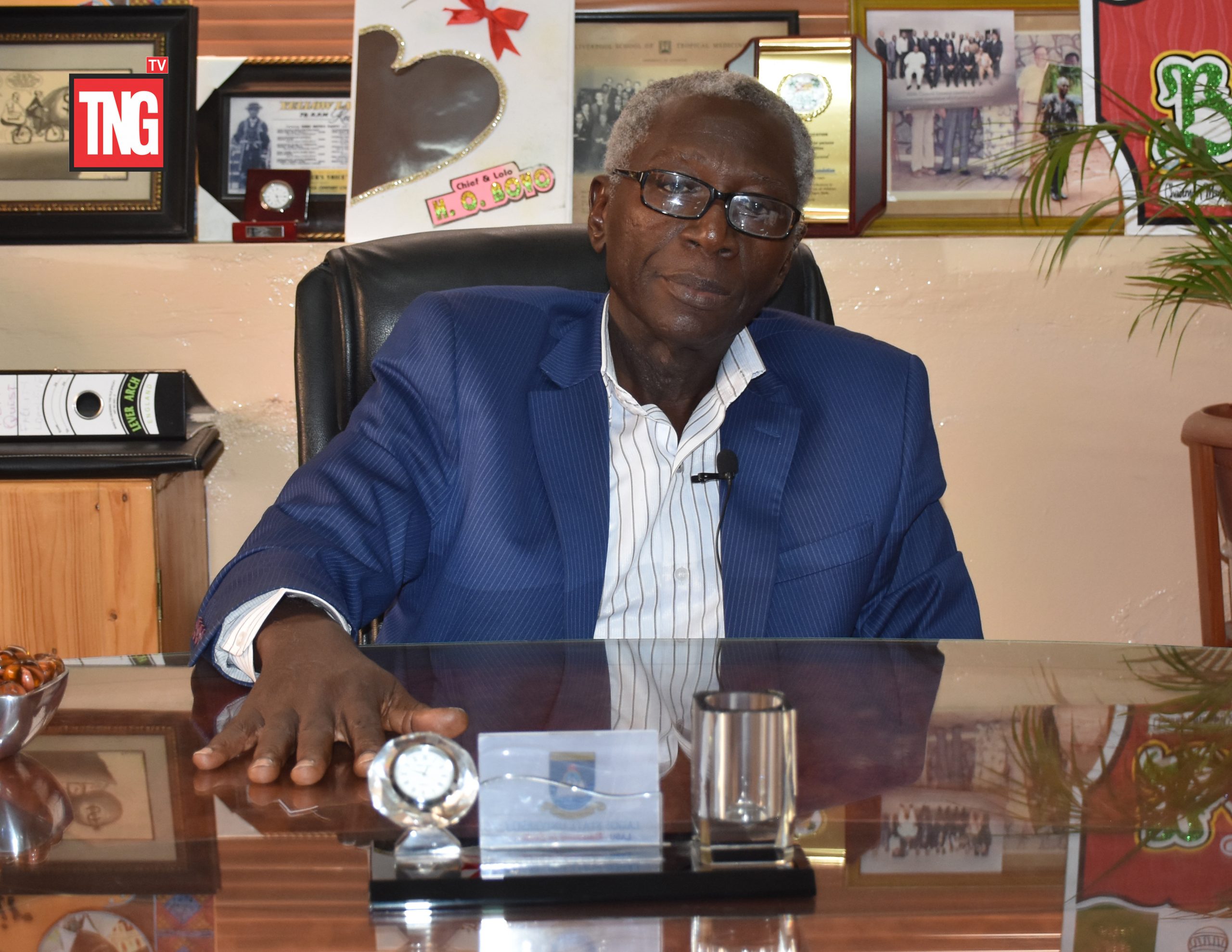The Senate ad-hoc committee probing misuse and under remittance of Internally Generated Revenue (IGR) has uncovered over N1.695 trillion unremitted by Federal Government agencies.
The committee is also investigating other fraudulent activities in collection, accounting, remittance and expenditure of IGR.
The nine-member committee headed by Senator Olamilekan Solomon Adeola, in its interim report submitted to the Senate on October 19, 2017 said 26 agencies generated a total of N21, 909,831,657,897 between January 2012 and December 2016 but lamented that a total of N1.695,585,887,406 was not remitted to Federal Government account by the agencies within the period.
It said that the Nigeria National Petroleum Corporation (NNPC) operated a deficit account of N3,115,495,257,000,000 within the period under review.
A total of 93 agencies came under the search light of the committee.
All the federal universities, federal colleges of education, federal cooperative and agricultural colleges, federal science and technical colleges, federal government colleges and others were also scrutinised.
For instance, the committee observed that the Nigeria National Petroleum Corporation (NNPC) generated N15,541,690,052,000,000 within the period and recorded a deficit of N-3,115,495,257,000,000.
The implication of the figure for the NNPC is that it operated at a loss within the period under review.
The Nigerian Television Authority (NTA) recorded N56,817,976,306.00 as generated revenue within the period while its total under remittance stood at N5,567,831,176.00.
The Corporate Affairs Commission (CAC) generate N56,319,706,498.83 but posted N2,907,940,808.00 under remittance.
The Bureau of Public Enterprise (BPE) generated N479,115,404,000.00 and recorded under remittance of N70,485,698,800.00; the Sugar Development Corporation of Nigeria generated N16,258,122,423.14 and recorded under remittance of N5,595,130,103.10; Securities and Exchange Commission (SEC) generated N30,229,951,000.00 but its under remittance was not stated.
The Nigeria Customs Service (NCS) generated N335,855,575, 759.53 within the period under review and recorded under remittance of N83, 963,893,939.88.
It also said 25 per cent revenue of the NCS was not reported.
The committee said the Nigeria Electricity Commission generated N25,422,019,784.70 and had under remittance of N20,319,552,361.75.
Nigeria Nuclear Regulatory Authority generated N4,663,198,042.93 and had under remittance of -827,489,066,.14
The committee explained that 25 per cent revenue paid into the Consolidated Revenue Fund while the remaining expenses were over bloated.
The Federal Airport Authority of Nigeria (FAAN) generated N227, 301, 592,242.00 and under remitted N19,242,300,027.30
Thee Nigeria Shipper Council made N25,405,401,068.82 but failed to remit N69, 322,017,22
The Federal Inland Revenue Service (FIRS) generated N445,544,388,514.54 and under remitted N33,833,232,873.33.
The Nigeria Teachers Institute generated N13,163,057,006.78 and failed to remit N984,013,375,39 while the Federal Radio Commission of Nigeria generated N6,954,353,171.59 and recorded under remittance of N1,211,179,042.40.
The Petroleum Products Pricing Regulatory Agency (PPRA) generated N11,560,619,050.20, remitted N1,965,574,296.76 and failed to remit N1,778,116,748.16.
The committee said PPPRA partially paid 25 per cent of its revenue while it over bloated the remaining expenses.
The Committee said the Nigerian Maritime Administration and Safety Agency (NIMASA) generated N301,160,118,548.47 and under remitted N184,489.203,618.25.
It said the National Health Insurance Scheme (NHIS) generate nil revenue(2012-2014), made a total expenditure of N680,918,000, remitted nothing while its under remittance was put at N6,144,,734,400.00.
The committee said the Nigerian Communication Commission (NCC) generated N217,104,325,000.00 and under remiited N47,373,814,269.18.
The committee also said the Nigeria Ports Authority (NPA)ge nerated N789,029,440,000.00 and under remitted N86,636,886,800.00
It said the Joint Admissions and Matriculation Board (JAMB) generated N49,157,057,019.00 and under remitted N636,095,144.18
The Central Bank of Nigeria (CBN) was said to have generated N3,098,157,000,000.00 but under remitted N13,716,755,284.00.
The Nigeria Bulk Electricity Company generated N1,320,039,182.02 and recorded under remittance of N644,045,677.73.
The report is slated for consideration this week.



